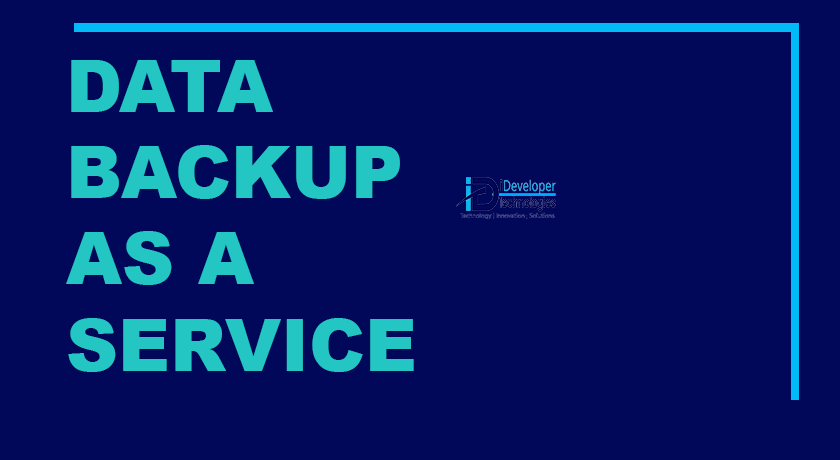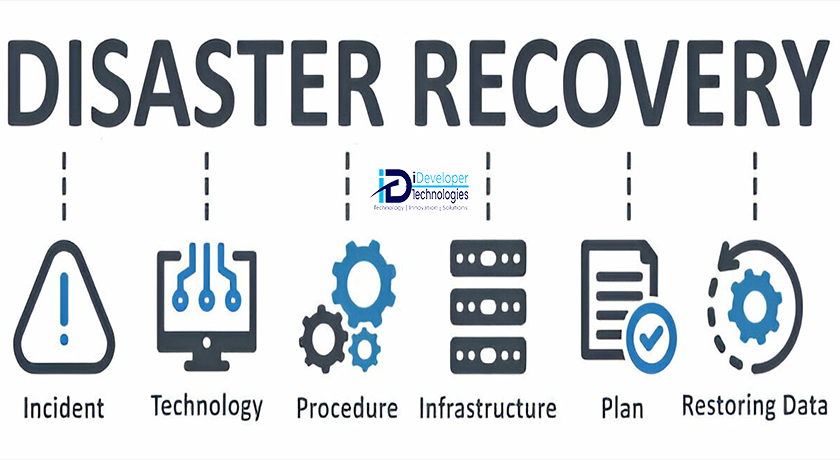Power interruptions are among the top causes of IT downtime, equipment failure, and data corruption…

4 Tips for Creating a Successful Backup Strategy
In today’s fast-paced business environment, companies of all sizes are constantly exposed to the risk of operational downtime, which can lead to significant financial losses. According to recent studies, the average cost of operational downtime is $4,500 per minute, making it a major concern for business owners. Such losses can be caused by a variety of factors such as theft, natural calamities, software malfunctions, or human errors. Therefore, establishing a robust Data backup strategy for SMEs in Kenya has become crucial to mitigate the detrimental effects of data loss. By having a reliable backup plan, businesses can minimize downtime, quickly recover from data loss incidents, and ensure business continuity.
What is a backup strategy?
A backup strategy is a carefully crafted plan designed to protect crucial data for businesses, guaranteeing that it is easily accessible for restoration in the event of data loss. The loss of data can result in significant downtime for organizations, emphasizing the crucial significance of minimizing such disruptions. Backup and disaster recovery (BDR) measures are vital for ensuring seamless business operations without any interruptions. These measures are indispensable and play a critical role in maintaining the continuity of business operations.
Guidelines for Establishing a Backup Strategy
Creating a Data backup strategy for SMBs in Kenya may seem like a daunting task at first, but it can be simplified by breaking it down into manageable steps. To start, using specialized backup software can help streamline the process by providing customized tools. With the right tools, crafting a backup plan becomes much easier.
One widely accepted approach is the 3-2-1 strategy, which recommends maintaining a minimum of three copies of data in different locations. This involves storing two copies on separate mediums and one copy off-site. The goal of this strategy is to diversify the storage locations of backups, ensuring that data loss can be avoided in various scenarios.
While the 3-2-1 strategy serves as a strong foundation for your organization’s backup plan, it primarily focuses on backup storage. To enhance the overall effectiveness of your backup strategy, additional considerations are necessary.
The four essential steps to create a robust backup strategy
1. Assessing Data Importance and Accessibility
In today’s world, businesses across all industries deal with a diverse array of data types, which makes it crucial to understand which data holds paramount significance for uninterrupted business operations. It is vital to identify and prioritize the backup of critical business data to safeguard against data loss.
Moreover, in the event of data loss, ensuring the swift availability of crucial data becomes crucial. It entails determining the desired timeframe for data recovery and balancing it against the costs and resources involved in maintaining backups of varying scales. This decision often involves weighing the merits of onsite, offsite, or cloud-based backup solutions, depending on the nature of the data and the organization’s specific needs.
Overall, the efficient management of business data is essential to ensure uninterrupted business operations, minimize the risk of data loss, and ensure the organization’s longevity.
2. Determining Backup Frequency and Compliance
Maintaining the safety and integrity of your data is crucial, and the frequency of backups is a key factor that determines the level of protection against data loss. Backups come in different types, each offering varying time intervals between backups. This directly impacts the amount of data that can be recovered in the event of data loss. Additionally, when determining the frequency of backups, it is important to take into account regulatory considerations that are relevant to your business. This ensures that the backup frequency is aligned with the volume and generation rate of business data, reducing the risk of any data loss incidents.
3. Deployment
After careful consideration and preparation, it is time to put the backup plan into action. This involves deciding whether to use manual or automated backup procedures. It is crucial to establish a deployment schedule that aligns with the predetermined backup frequency and data availability goals. This schedule will ensure the backup strategy is executed efficiently and effectively.
4. Testing the Restore Process
It is crucial to ensure that the backup strategy is effective by thoroughly testing the restoration process. It is not wise to assume that backup procedures will function correctly without verifying them. Testing is typically conducted through simulations that imitate actual data loss scenarios, providing essential information about the system’s responsiveness and identifying potential issues. This process enables seamless data recovery and business continuity planning.
Who Requires a Backup Plan?
It is crucial for any organization that stores data on electronic devices to establish a comprehensive backup strategy in Kenya. Such a strategy is necessary to ensure minimal downtime and to maintain continuous business operations. Different backup strategies may require varying degrees of planning and detail, but each one is equally important in sustaining business success. Being proactive and preparing a backup strategy in advance can significantly reduce the stress and negative impact of unexpected data loss.
Optimal Approaches for Backup Strategies
1. Enhance Data Backup Diversity
With the increasing reliance on digital data, it has become crucial to take a proactive approach towards its preservation, considering the inherent risks associated with it. To ensure that your data remains safe and secure, it is recommended to diversify your backups by distributing them across multiple locations or storing them on various mediums. This way, even if an unforeseen event occurs, such as a hardware failure or a natural calamity, you can be assured that your data is safe and can be retrieved easily.
2. Document Your Data Backup Strategy
It is essential to formulate a backup strategy for your organization to ensure that your data is protected and recoverable in case of any unforeseen events. Documenting your backup strategy for your SMEs in Kenya, as part of your organizational processes is highly recommended, as it can significantly enhance the efficiency of your backup process and contribute to improved business outcomes. To ensure effective documentation of your strategic backup process, it is advisable to explore IT Documentation best practices and implement them accordingly. This will help you create a comprehensive backup strategy that is well-documented, reliable, and easy to understand.
Top Free Cloud Based Data Backup Solutions for SMEs in Kenya
3. Establish a Schedule Data Backup
To safeguard your valuable data, it is essential to establish a consistent backup schedule that aligns with your organizational goals. Consider how frequently you need to perform backups, and assign responsible individuals to conduct the task. This way, you can be assured of having up-to-date backups and avoid any data loss or security breaches. Whether it’s a daily backup or a less frequent one, make sure to stick to a regular schedule that works for your business needs.
4. Embrace Data Backu-up Automation solutions in Kenya
One of the biggest risks of manual backup processes is the possibility of human error. However, you can effectively mitigate this risk by using designated backup software with automation features. This type of software allows you to automate backup schedules, which means that you won’t need to constantly oversee the process. By automating your backups, you can ensure consistency and reliability, which are essential for protecting your valuable data.
Read: Why Data Backup is Important for Small Business in Kenya
5. Verify Back-up Restore Capabilities
To ensure that your Data backup strategy for your SMB in Kenya is effective, it is crucial to test the restore functionality thoroughly. You can achieve this by conducting simulations that replicate real-world disasters and data loss scenarios. By doing so, you can be confident that your backup system will restore your data correctly in critical situations.
6. Maintain Ongoing Monitoring
It is crucial to keep a close eye on backup reports on a regular basis. By doing so, you can stay up-to-date on what data has been backed-up, the methods used to perform the backups, and the restoration procedures in place. This continuous monitoring helps ensure that the backup strategy being employed remains effective and reliable, providing peace of mind that your data is secure and recoverable in case of any unforeseen events.
Achieving Backup Success with iDeveloper Technologies
Efficient data backup processes particularly for your small business in Kenya, require careful planning and adherence to best practices. By customizing a Did you know that having a solid backup strategy can be a game-changer for businesses? It can help them achieve significant success and keep their valuable data safe and secure. So, if you’re looking to take your business to the next level, make sure you have a reliable backup plan in place!
Get our Data Backup Solutions: Data Backup and Recovery Services in Kenya



